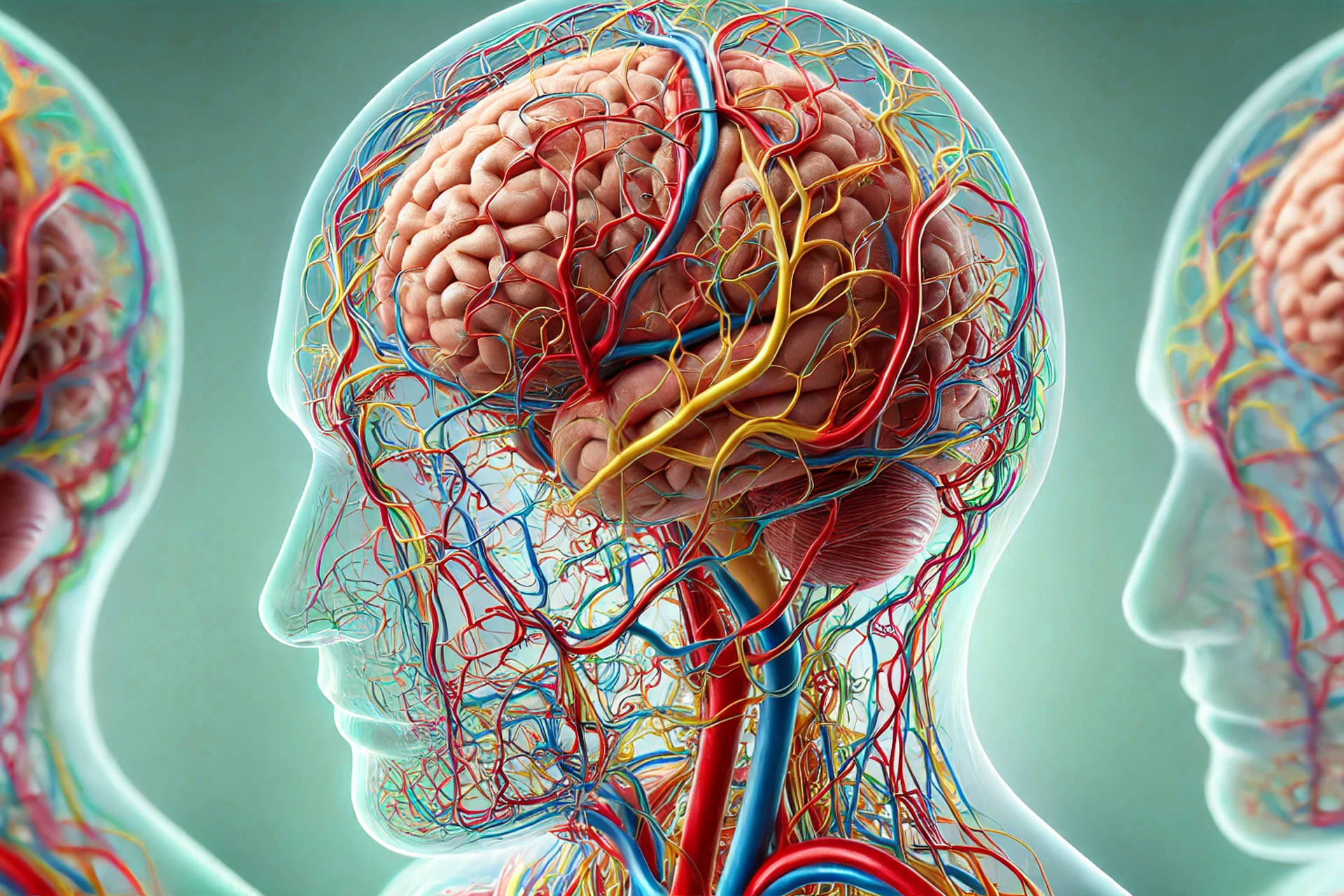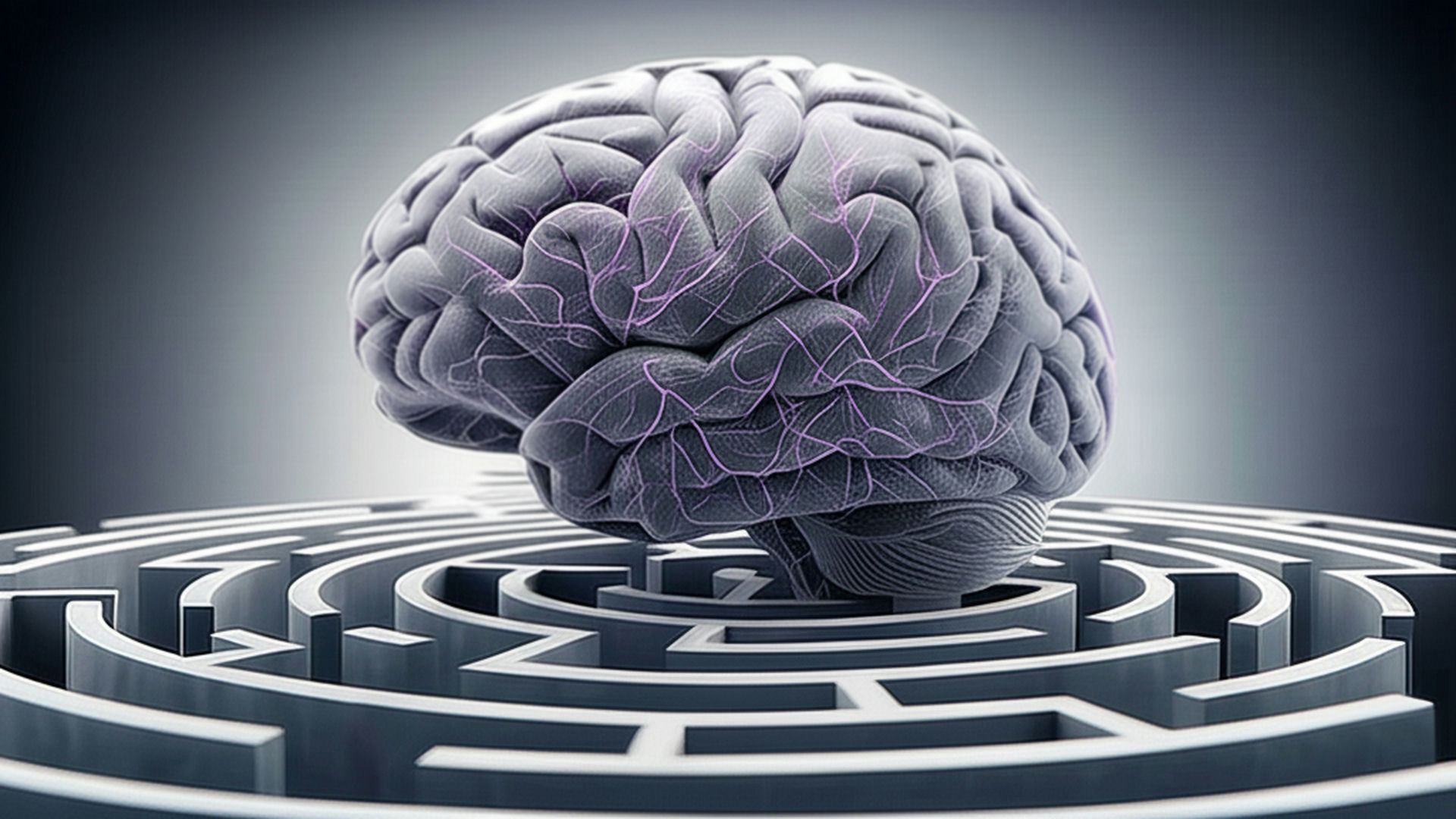
Dementia
Forgetfulness is the first symptom of dementia. However, forgetting certain events alone should not necessarily be considered a disease or a serious problem. What matters is our inability to perform activities we used to manage with ease.
Dementia is a progressive brain disease, mostly irreversible, characterized by the deterioration of mental functions such as learning, memory, orientation, language abilities, and personality, and it affects social and work life.
Dementias are the brain disorders that cause the most destruction in middle-aged and elderly people. With the increase in human life expectancy, the number of such diseases is also growing. The most common type of dementia is Alzheimer’s disease. This is followed by vascular and frontal lobe dementias.
Forgetfulness is the first symptom of dementia. However, forgetting certain events alone should not necessarily be considered a disease or a serious problem. What matters is our inability to perform activities we used to manage with ease.
During normal aging, brain functions decline to some extent, but not every elderly person shows signs of dementia. The best distinguishing criterion is whether the person can perform daily tasks independently. If someone needs assistance for daily activities (like eating, dressing, and hygiene) despite not having a physical illness, dementia should be considered. Many elderly people complain that their memory is not as good as it once was. For instance, they struggle to recall names or upcoming tasks. This alone does not indicate dementia.
Dementia is seen in approximately 15–20% of people over the age of 65. Its prevalence increases proportionally with age. Especially short-term memory tends to weaken, and people begin to forget daily matters like conversations or shopping lists. However, not every instance of forgetfulness is a sign of dementia. One or two forgetful moments in daily life should not be a cause for concern. But if there’s a noticeable increase in such events, it is wise to consult a neurologist.
A patient who visits a neurologist due to complaints of forgetfulness should first undergo tests for thyroid function, vitamin B12 levels, and other biochemical evaluations. If deemed necessary, brain imaging methods (CT/MRI) should also be used.


